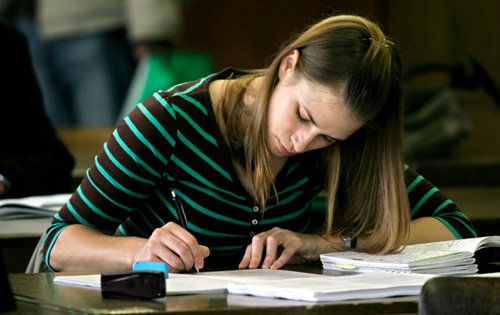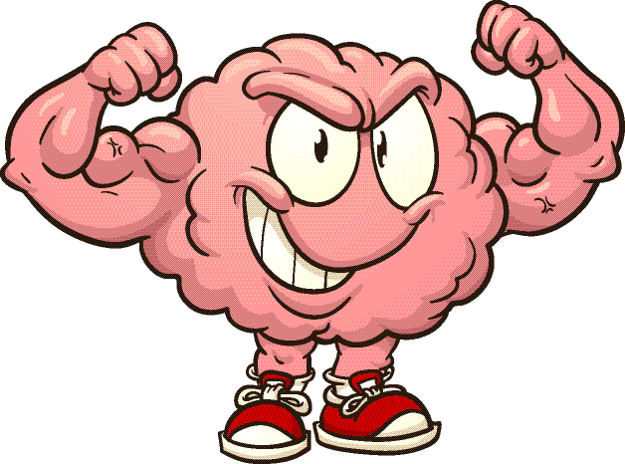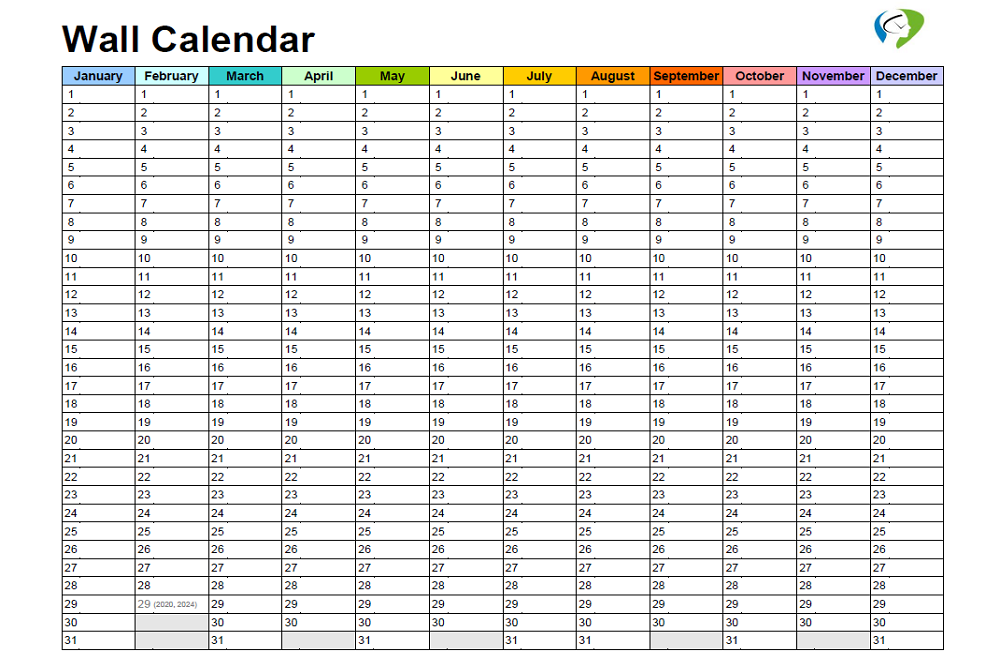- Home
- 7 Steps of Goal Setting
- Study Techniques
Study Techniques to Study Smarter (rather than longer)

Cramming is one of those study techniques that we are all familiar with. However did you know that cramming leads to rapid forgetting?
Wouldn't it be great if there was a better way to study that leads greater recall of information, better grades, and less stress....and doesn't involve you being chained to the desk for an 8 hour study session!
Here are four study tips to study smarter (rather than longer)
1. Use the Spacing Study Technique (rather than cramming)
Think about a new skill that you have learned. Whether it was playing the guitar, a new sport, or learning to drive...picking up a new skill and putting that skill into long term knowledge probably involved the 'spacing' technique.
Unfortunately if you are a student you are probably very familiar with cramming as a study technique. Did you know that cramming leads to rapid forgetting?
A better study technique that increases long term memory (and retention) at no extra time at the desk is 'spacing'.
What is the 'spacing' study technique?
Well, instead of cramming an 8-hour study session chained to the desk it is much better to spread those 8 hours across 8 different study sessions of 1 hour each over 2 weeks.
Why?
Research has demonstrated that spacing out study sessions over a longer period of time improves long-term memory. Replacing one long cram session with shorter spaced out study sessions allows you recall what you have learned the first time around – and this retrieval helps to cement new knowledge in place.
Enroll in the Free Study skills Course
Getting better grades with less stress and overwhelm is a combination of student time management, self management, and studying smarter.In the free study skills course today we send these tips to your Inbox.
2. When is the best time to study?
Are you an owl or a fowl?
Some students work best in the morning. These early starters, 'fowls,' are most creative and productive in the first few hours at work.
Others may work better in the afternoon or in the evening. These late starters, 'owls,' tend to be more creative and productive in the afternoon or evening.
All of us have body cycles called biorhythms. Research suggests that we are more productive and alert in our prime time.
When is your prime time? Only you can know...but for most people it is about 2 hours after they wake up until lunch time.
Brain-based study tip
Use a study schedule template and build a routine around your study. This does two things:
- Primes your brain to study (so there is less resistance), and
- Uses the spacing technique to increase memory.

3. Read your 'readings' at the right time and in the right way
If you are a student you probably do a lot of reading - so you want to use this time wisely. There are three points to make here:
- It is important that you do your readings before you go to lectures or tutorials. By reading before class you are able to contribute to class and also link pre-existing knowledge structures to the content that is in the lecture or tutorial. This enhances your long-term memory and the retrieval of information from it, a skill which is useful in exams.
- It is also important to re-read your notes each week. By reading each week you are more likely to commit your ideas to memory by the process of repetition. This reduces your exam study time significantly.
- Use the SQ3R method of reading.
4. Break and Interweave
Neuroscience supports that you want to take regular study breaks. Try to take a 5 minute break every hour or so. By taking active breaks you stop your concentration from flagging.
Also consider interweaving your subjects.
You might think that if you sit down and just focus for as long as possible on this topic then you will learn it well.
But research shows that mixing tasks and topics is a better bet.
What Study Techniques Work for You?
Do you have a great story about this? Share it!
What Other Visitors Have Said
Click below to see contributions from other visitors to this page...
Maximize quality time for study Not rated yet
Study techniques maximize high quality time.
When studying I have identified 3 types of study.
My high quality time is when I am able to concentrate …
Related study skills and student time management articles
 The Academic Planner Helps You Manage Bottlenecks of Activity
The Academic Planner Helps You Manage Bottlenecks of Activity


New! Comments
Have your say about what you just read! Leave me a comment in the box below.